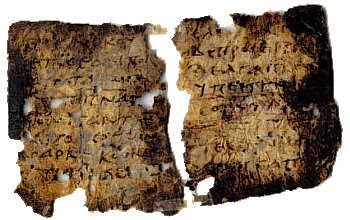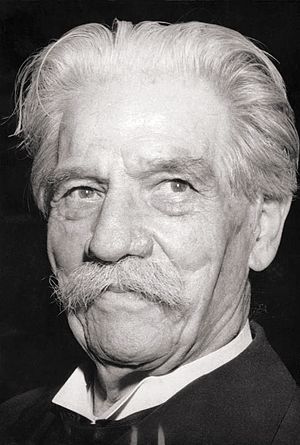 Immersed as we are in the heritage of the Christianity of the Crucified Christ it is easy to forget (if we ever knew) that there was another side to Christian origins. Try to imagine what gave rise to a Christianity that knew nothing of the pierced, broken body and shed blood of Jesus as the way to salvation. Imagine their sacred writings said nothing at all about the members of the church being united by eating the body and drinking the blood of their saviour but instead enjoined the following:
Immersed as we are in the heritage of the Christianity of the Crucified Christ it is easy to forget (if we ever knew) that there was another side to Christian origins. Try to imagine what gave rise to a Christianity that knew nothing of the pierced, broken body and shed blood of Jesus as the way to salvation. Imagine their sacred writings said nothing at all about the members of the church being united by eating the body and drinking the blood of their saviour but instead enjoined the following:
Now concerning the Eucharist, give thanks this way.
First, concerning the cup:
We thank thee, our Father, for the holy vine of David Thy servant, which You madest known to us through Jesus Thy Servant; to Thee be the glory for ever..
And concerning the broken bread:
We thank Thee, our Father, for the life and knowledge which You madest known to us through Jesus Thy Servant; to Thee be the glory for ever. Even as this broken bread was scattered over the hills, and was gathered together and became one, so let Thy Church be gathered together from the ends of the earth into Thy kingdom; for Thine is the glory and the power through Jesus Christ for ever..
But let no one eat or drink of your Eucharist, unless they have been baptized into the name of the Lord; for concerning this also the Lord has said, “Give not that which is holy to the dogs.”
But after you are filled, give thanks this way:
We thank Thee, holy Father, for Thy holy name which You didst cause to tabernacle in our hearts, and for the knowledge and faith and immortality, which You madest known to us through Jesus Thy Servant; to Thee be the glory for ever.
Thou, Master almighty, didst create all things for Thy name’s sake; You gavest food and drink to men for enjoyment, that they might give thanks to Thee; but to us You didst freely give spiritual food and drink and life eternal through Thy Servant.
Before all things we thank Thee that You are mighty; to Thee be the glory for ever.
Remember, Lord, Thy Church, to deliver it from all evil and to make it perfect in Thy love, and gather it from the four winds, sanctified for Thy kingdom which Thou have prepared for it; for Thine is the power and the glory for ever.
Let grace come, and let this world pass away. Hosanna to the God (Son) of David!
If any one is holy, let him come; if any one is not so, let him repent. Maranatha. Amen.
That is from the Didache (did-a-kee), or Teaching of the Twelve Apostles, that some (Wikipedia says “most”) scholars today date to the first century. That’s possibly around the same time Paul was writing his letters and the time the first gospels were being written.
Compare the instructions for our more familiar branch of Christianity (1 Cor. 11:23-26 NASB): Continue reading “The Other (Less Bloody) Side of Christian Origins”

